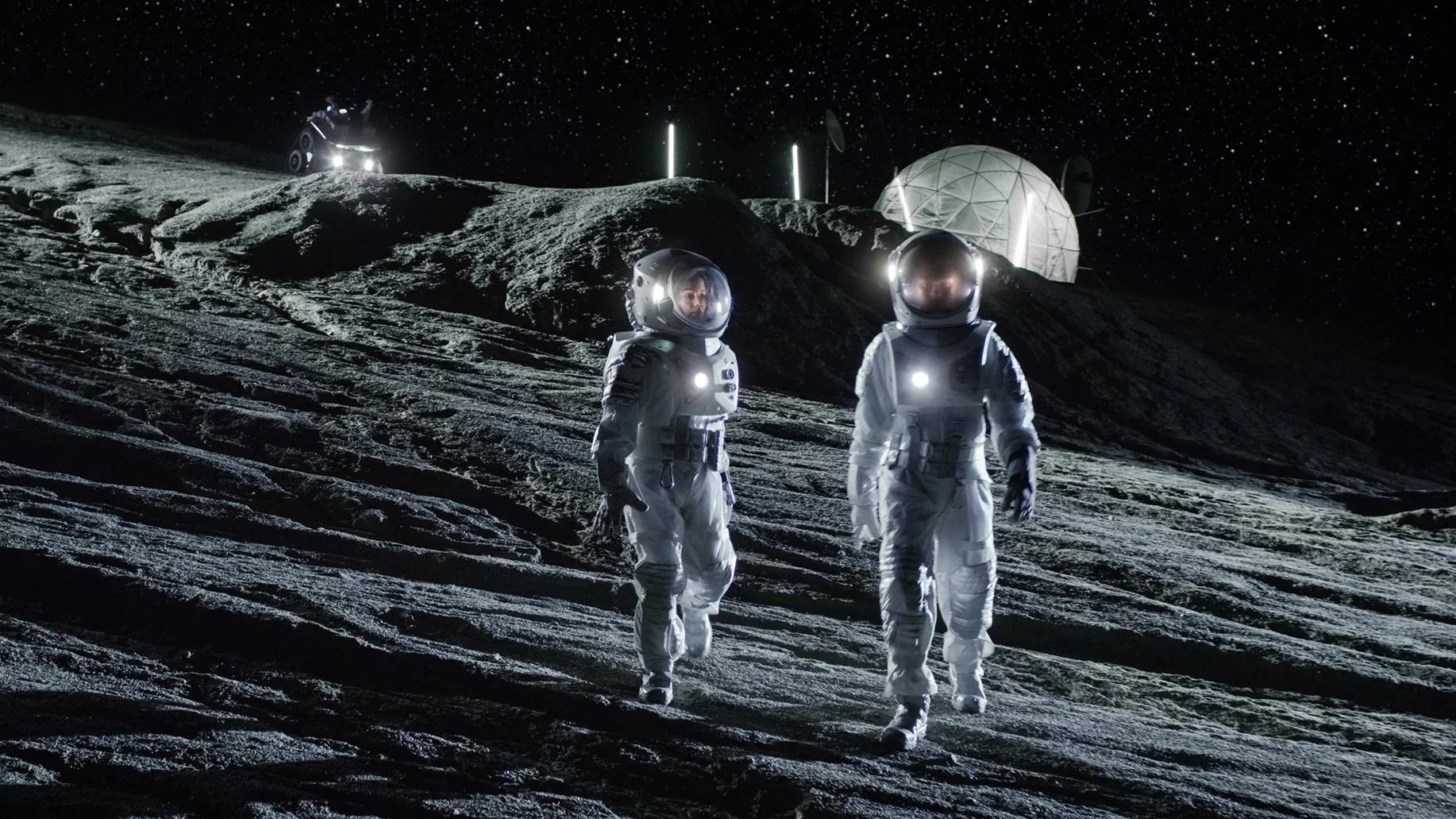By Stef Verhagen
An international team of researchers discovered that Jupiter might have destroyed a massive planet in the early years of its existence.
A gorgeous view of our solar systems largest planet - Image Credit: NASA/JPL-Caltech/SwRI/MSSS/Kevin M. Gill via Wikimedia Commons
We're talking about a potential head-on collision with a sizable newborn planet that was still in its formation process. Researchers from the University of Zurich and the NCCR planetS think this might be the reason for Jupiter's disrupted and diluted core.
The discovery of Jupiter's 'fuzzy' core was made with thanks to the Juno space probe that has been on a mission to Jupiter since 2016. Aside from the stunning photos it delivered to us, it has generated a treasure of information about the gas giant's core.
Previously it was thought that Jupiter's core was mainly made up of ice and rock. Thanks to Juno's detailed measurements, the research team was able to determine that it also has lighter elements like helium and hydrogen in it. There is no real distinguishable barrier between Jupiter's core and its surrounding layers.
An illustration of Jupiter’s interior as it was previously thought to be. We now know that in its core also has a mix of hydrogen and helium in it - Image Credit: Kelvinsong via Wikimedia Commons - (Click on image to enlarge)
The lead author of the study, Shang-Fei Liu came up with the idea that some colossal event must have stirred up the core to account for its dilution. They then ran thousands of simulations and found that the quickly growing gas giant could have disturbed the orbits of protoplanets that were nearby at the time. Eventually, they discovered that there was at least a 40% chance that Jupiter absorbed one of those nearby planets.
The case for the planetary collision only became stronger after some three-dimensional models where run, depicting how a crash with a protoplanet would affect Jupiter's interior.
A rendering shows the effect of a major impact on Jupiter’s core - Illustration by Shang-Fei Liu/Sun Yat-sen University
It showed that such a collision would have shattered its original, compact core, mixing heavy elements from the core with the lighter components from its surrounding layers. And it might have thus created the interior makeup of Jupiter that we see today.
Meaning if it weren't for Jupiter, we might have had another world in our solar system!
Sources and further reading: Rice University news release / Juno - Mission to Jupiter / Scientas / The formation of Jupiter’s diluted core by a giant impact
If you enjoy our selection of content please consider following Universal-Sci on social media:










